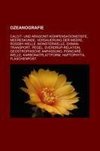
-
 Anglický jazyk
Anglický jazyk
Theoretical physicists
Autor: Source: Wikipedia
Source: Wikipedia. Pages: 143. Chapters: Galileo Galilei, Werner Heisenberg, J. Robert Oppenheimer, Isaac Newton, Albert Einstein, Abdus Salam, Richard Feynman, Pierre-Simon Laplace, Basil Hiley, Josiah Willard Gibbs, James Clerk Maxwell, Stephen Hawking,... Viac o knihe
Na objednávku, dodanie 2-4 týždne
30.96 €
bežná cena: 34.40 €
O knihe
Source: Wikipedia. Pages: 143. Chapters: Galileo Galilei, Werner Heisenberg, J. Robert Oppenheimer, Isaac Newton, Albert Einstein, Abdus Salam, Richard Feynman, Pierre-Simon Laplace, Basil Hiley, Josiah Willard Gibbs, James Clerk Maxwell, Stephen Hawking, Paul Dirac, Freeman Dyson, Max Born, Enrico Fermi, Niels Bohr, Jack Sarfatti, Max Planck, Riazuddin (physicist). Excerpt: Galileo Galilei (Italian pronunciation: ; 15 February 1564 - 8 January 1642), was an Italian physicist, mathematician, astronomer, and philosopher who played a major role in the Scientific Revolution. His achievements include improvements to the telescope and consequent astronomical observations and support for Copernicanism. Galileo has been called the "father of modern observational astronomy", the "father of modern physics", the "father of science", and "the Father of Modern Science". His contributions to observational astronomy include the telescopic confirmation of the phases of Venus, the discovery of the four largest satellites of Jupiter (named the Galilean moons in his honour), and the observation and analysis of sunspots. Galileo also worked in applied science and technology, inventing an improved military compass and other instruments. Galileo's championing of heliocentrism was controversial within his lifetime, when most subscribed to either geocentrism or the Tychonic system. He met with opposition from astronomers, who doubted heliocentrism due to the absence of an observed stellar parallax. The matter was investigated by the Roman Inquisition in 1615, and they concluded that it could be supported as only a possibility, not an established fact. Galileo later defended his views in Dialogue Concerning the Two Chief World Systems, which appeared to attack Pope Urban VIII and thus alienated him and the Jesuits, who had both supported Galileo up until this point. He was tried by the Inquisition, found "vehemently suspect of heresy", forced to recant, and spent the rest of his life under house arrest. It was while Galileo was under house arrest that he wrote one of his finest works, Two New Sciences, in which he summarised the work he had done some forty years earlier, on the two sciences now called kinematics and strength of materials. Galileo was born in Pisa (then part of the Duchy of Florence), Italy, the first of six children of Vincenzo Galilei, a famo
- Vydavateľstvo: Books LLC, Reference Series
- Rok vydania: 2014
- Formát: Paperback
- Rozmer: 246 x 189 mm
- Jazyk: Anglický jazyk
- ISBN: 9781151048813
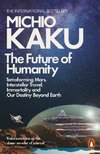
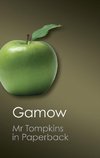
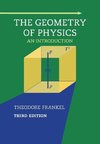
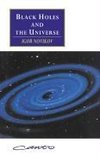
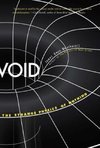
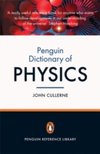


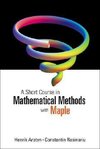
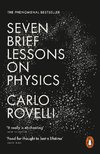
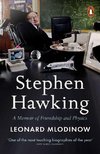

 Nemecký jazyk
Nemecký jazyk 